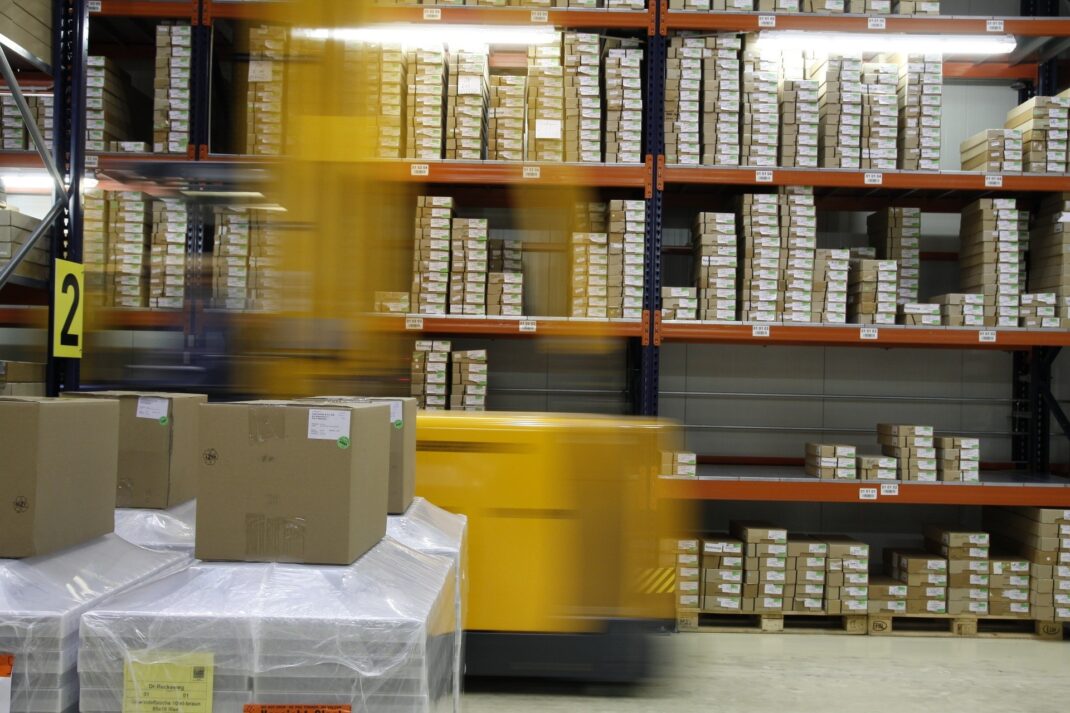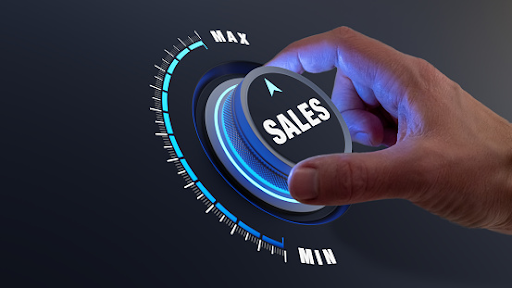Related Articles
Advanced technology is inevitable. It will continue to permeate more and more through every facet of life and work and the business world is one of the most fertile proving grounds for new technologies to make their mark.
In the last twenty years, we have seen more and more businesses progress towards greater degrees of automation through the adoption of MRP/ERP systems.
As is universally agreed upon, automation in the retail business space improves efficiency, enhances the quality of services, and reduces operating costs for all stakeholders.
The achievement of these metrics leads to innovation in the type of products and solutions available, differentiating them from their competitors.
This article is written to go over some of the ways in which retailers can use the possibilities offered by advanced automation technologies for exponential growth.

Advanced Tech For Retailers
WHAT ARE SOME OF THE WAYS THROUGH WHICH RETAILERS CAN TAKE ADVANTAGE OF ADVANCED TECH?
1. Automation of key processes: Even small businesses can automate tasks such as inventory control, completing employee timesheets, invoicing, entering information from point of sale terminals, financial management, point of sale transcations, and so on.
Automation of these processes result in cost savings and improved efficiency. Manually keying in all the data associated with these tasks not only takes time, it also takes time away from your employees which could have otherwise been used for more useful tasks.
On the other hand, robots have become attractive prospects for automation for big companies and as with all other forms of automation, big efficiency gains and cost savings are a fact.
Customers themselves are increasingly preferring automated services as evidenced by many big fast food joints adopting ordering kiosks, which leads us directly to the next point.
2. Enhancing customer experiences: This is always one of the basic objectives of automation, whether explicit or implied.
Customers are the lifeblood of any business and they are spoilt for choice in today’s world. In such a climate, offering unique services that make the customer experience easier or more sophisticated is the key to success.
More and more retailers thus constantly think of new ways to create enhanced and personalized interactions with customers.
Understanding and grasping the extent of the customers’ preferences and requirements is the first step; whether or not your customers prefer advice on what products to buy or if a customer will make a definite purchase upon receiving assistance from a store worker (90% of customers do this).
3. Growing customer data could then be used to take the process a step further by offering location sensitive services, specific products or services or a certain way of interaction with the customers based on where or in what weather the store is based. A brilliant example would be 7-Eleven offering discounts on umbrellas and raincoats in the event of rain.
4. Digitization of tasks: Manual and tedious tasks that are time-consuming and very resource intensive always benefit greatly from digitization. Most progressive retailers have already applied IT applications and solutions in ever proliferating new ways which take efficiency and quality improvements to absolutely new heights.
Using things such as RFID tags, sensors, NFC, and computer systems for certain tasks are employed by most retailers and the functionalities include product search, checkout, analytics, inventory management, security, and point of sale operations.
Retailers effectively digitizing tasks achieve huge savings in employee and infrastructure costs and also gain through increased sales.
The most extreme example of total retail digitization would be the Amazon GO store which is a fully automated store keeping track of what shoppers inspect and buy. It also bills the customer automatically upon leaving the store through their credit cards.
5. Workforce and merchandising optimization: Business software systems often come with functionality that enables you to meticulously manage your employees’ workflow.
Seamless shift scheduling is just one of the many ways in which automated business systems can optimize staff at peak hours and ensure that they remain positioned for best productivity.
Return on investment includes motivation boosts for your workers which then leads to reduced absence, reduced turnover rates, and decreased HR costs. A fully fledged workforce management software brings your employees forward to the direct service of your customers through their very services as retail employees.
6. Merchandising is also an important consideration in leveraging advanced tech to the benefits of a retailer, the inventory has to sell after all.
Making the sales process of the product go smooth can be achieved by making the ordering process streamlined by identifying the most optimal order quantity, accurate sales forecast, and a robust automated inventory management suite.
Automating the merchandising process this way takes advantage of the infinite capabilities machines can offer and use live data in a comprehensive manner to make the integration of disparate data sources easy and smooth.
7. Making use of analytics: All modern business software solutions come embedded with analytic tools. Retailers especially can gain much valuable insights from these analytic reports, including information on various elements in the buying process that allows them to measure them.
The all-encompassing totality in information offered by these analytic modules is presented in the form of reports and graphs that are easy to interpret and read, allowing retailers to optimize their inventory through measures such as price fine tuning.
These attractive benefits are compounded by the fact that these automated analytic reporting processes achieve the highest degrees of accuracy.
CONCLUSION
Retailers can hope to sell more and more products in this hyper-competitive world through the effective exploitation of advanced business technologies, which are abundantly available in the market.
As a general rule, it is wise to adopt the latest technology available and to find increasing use for it wherever possible but it is also monumentally very important to remember to use the technology wisely and responsibly in line with the nature of your retail business and capacities.
Syncoria is a digital transformation firm based in Canada and is an official Odoo Ready partner.




